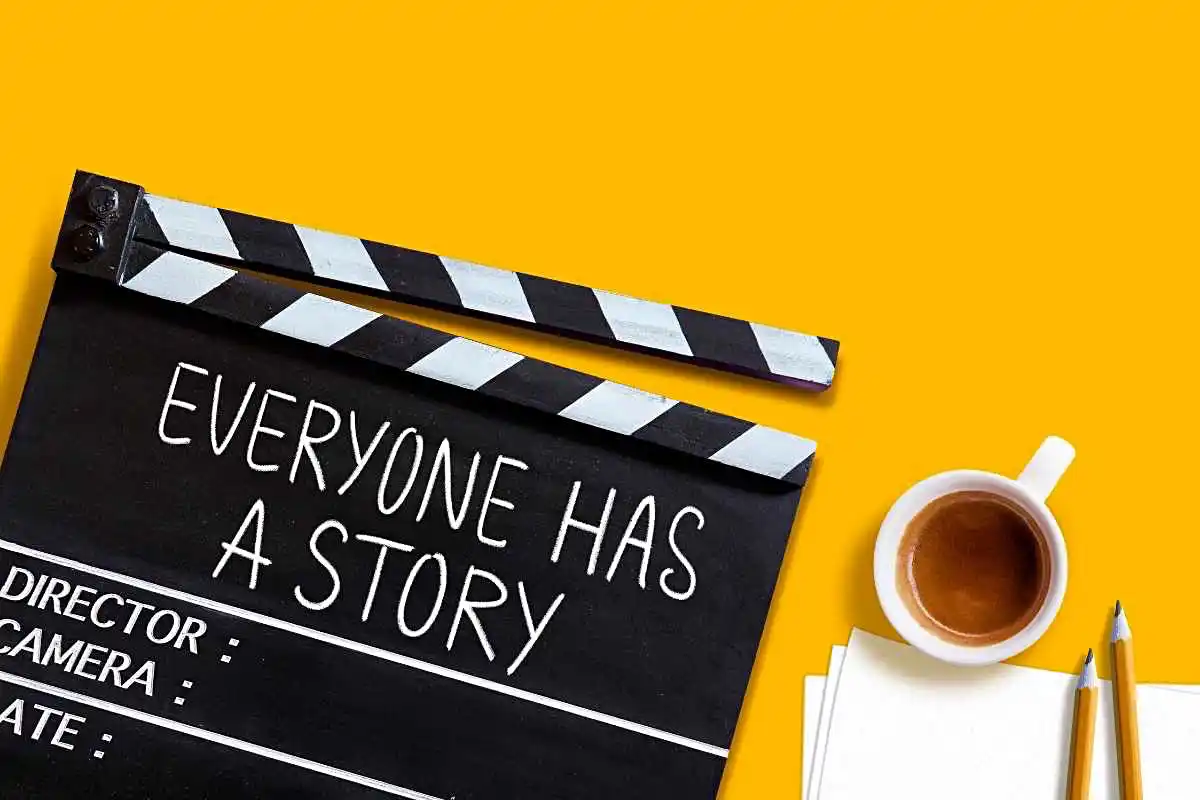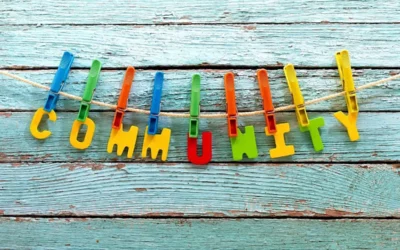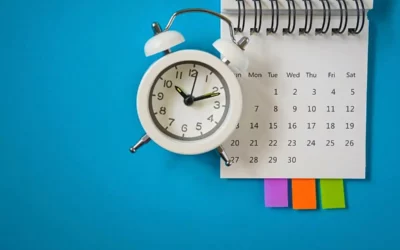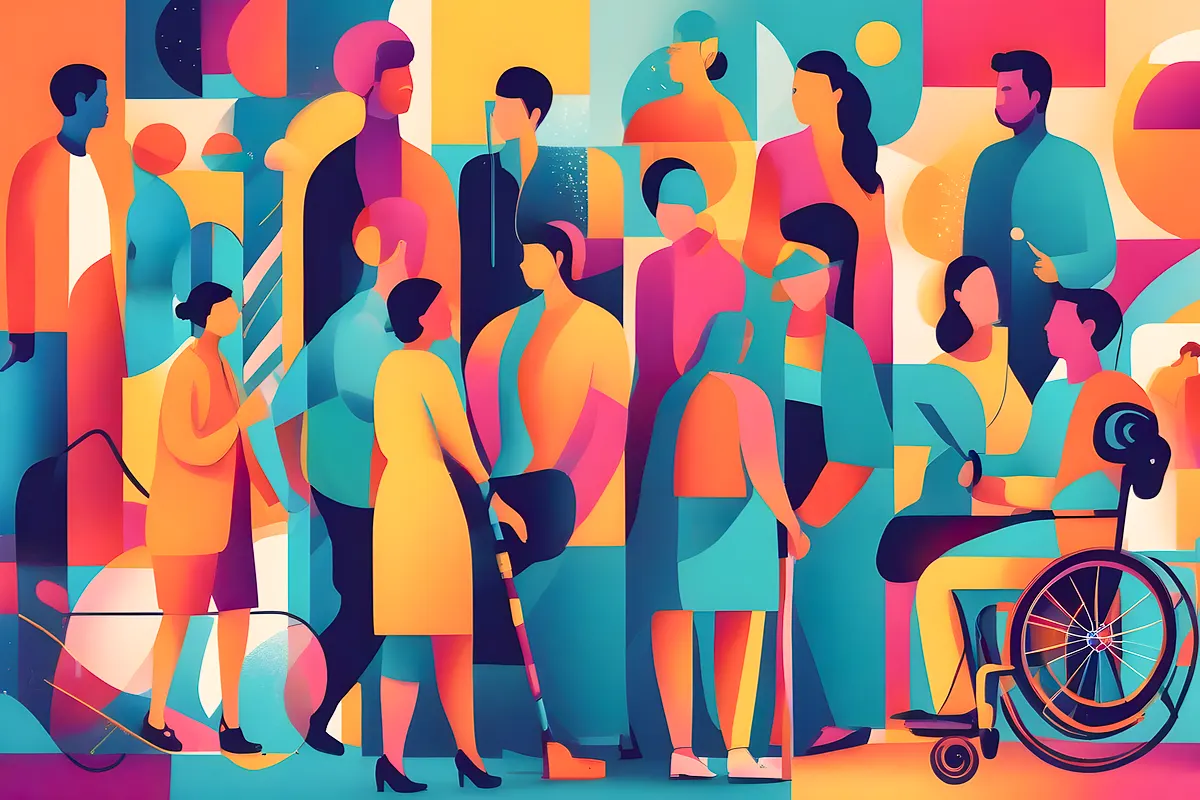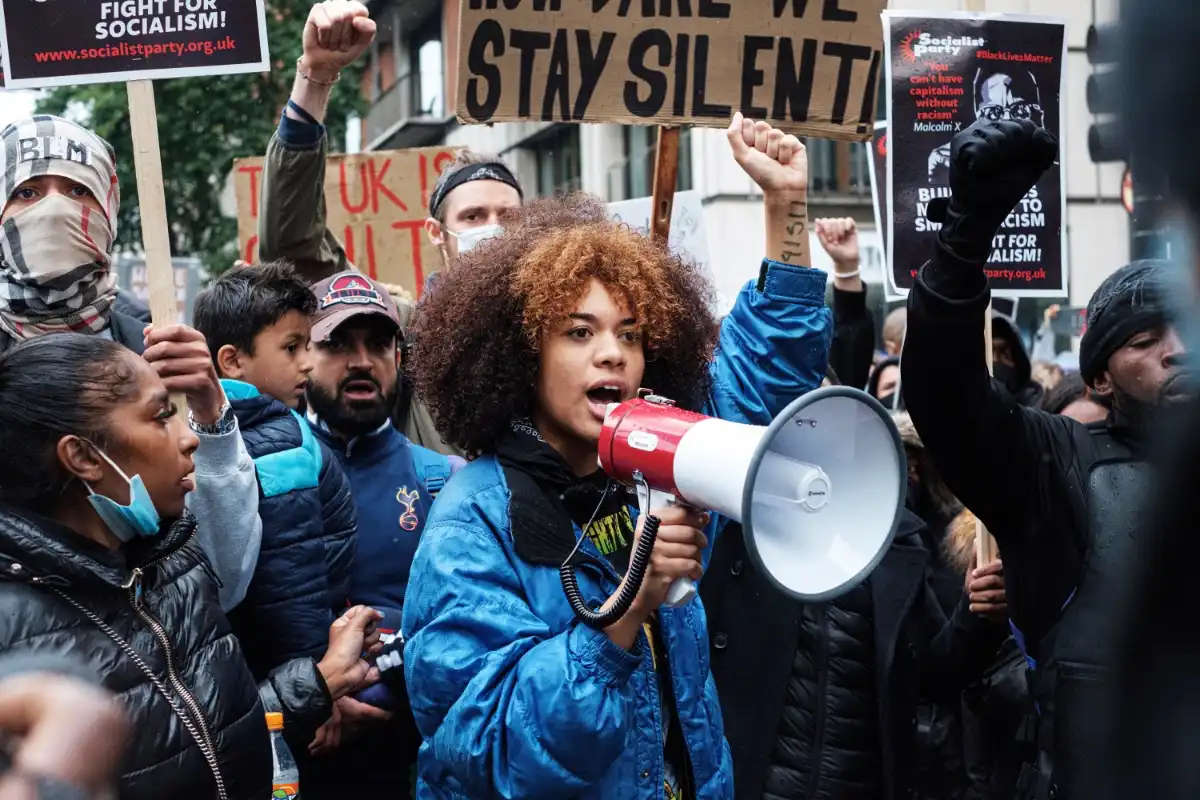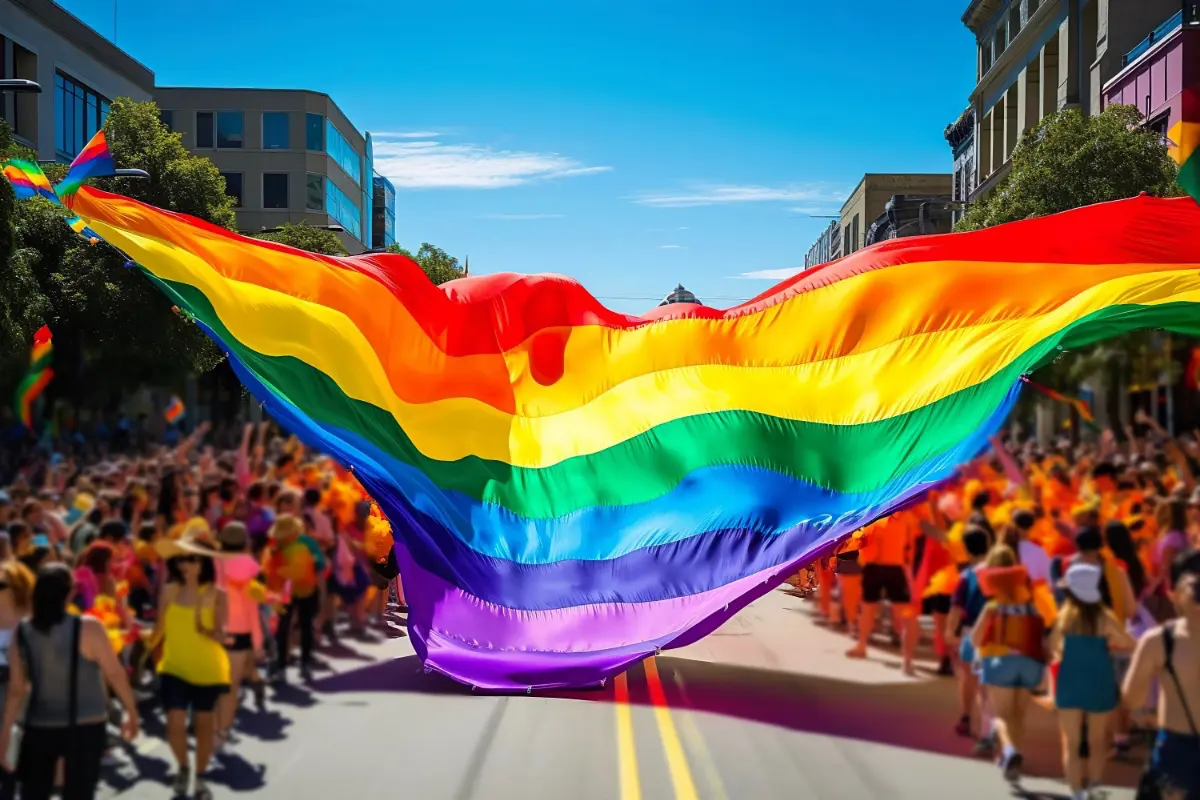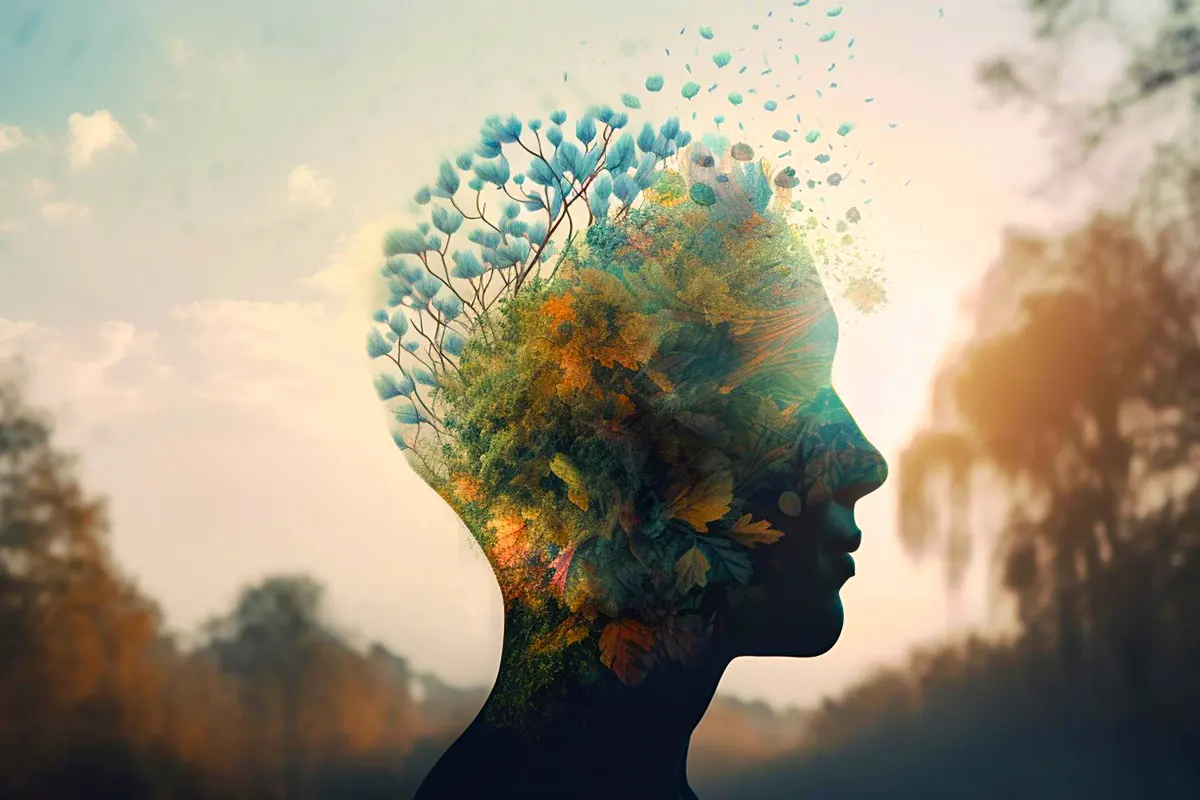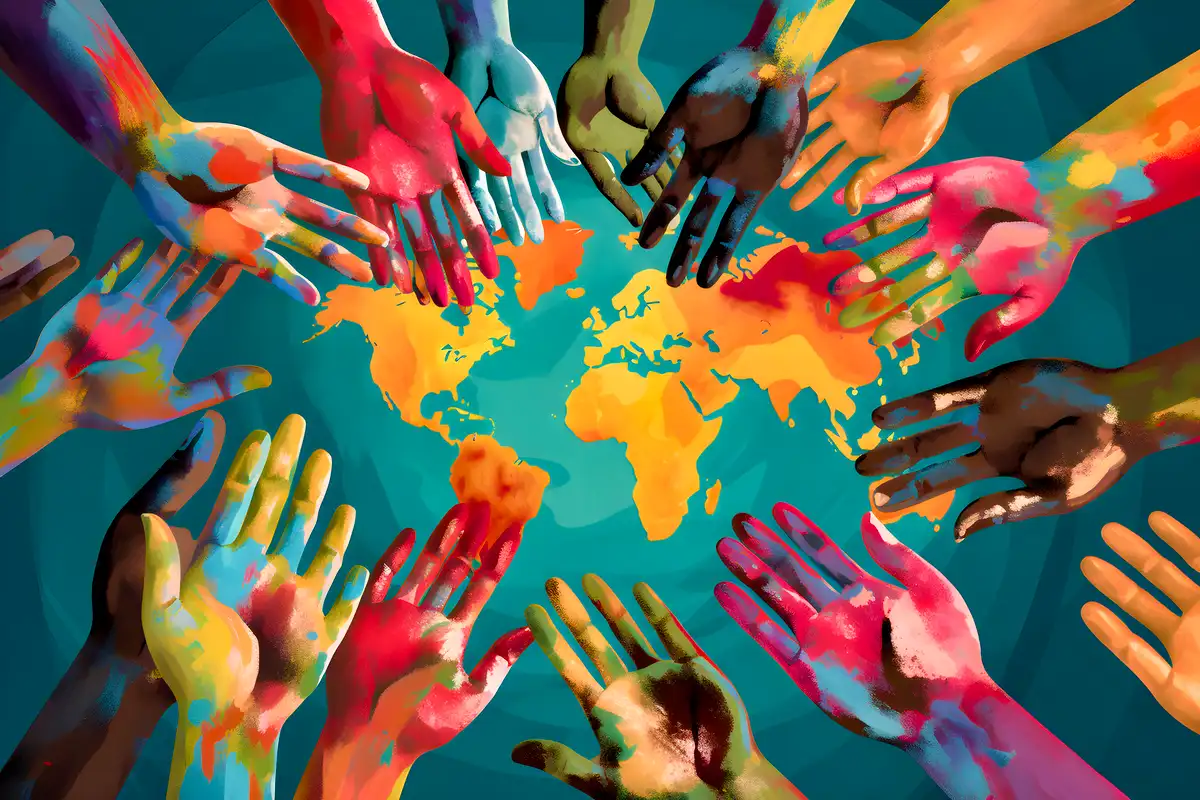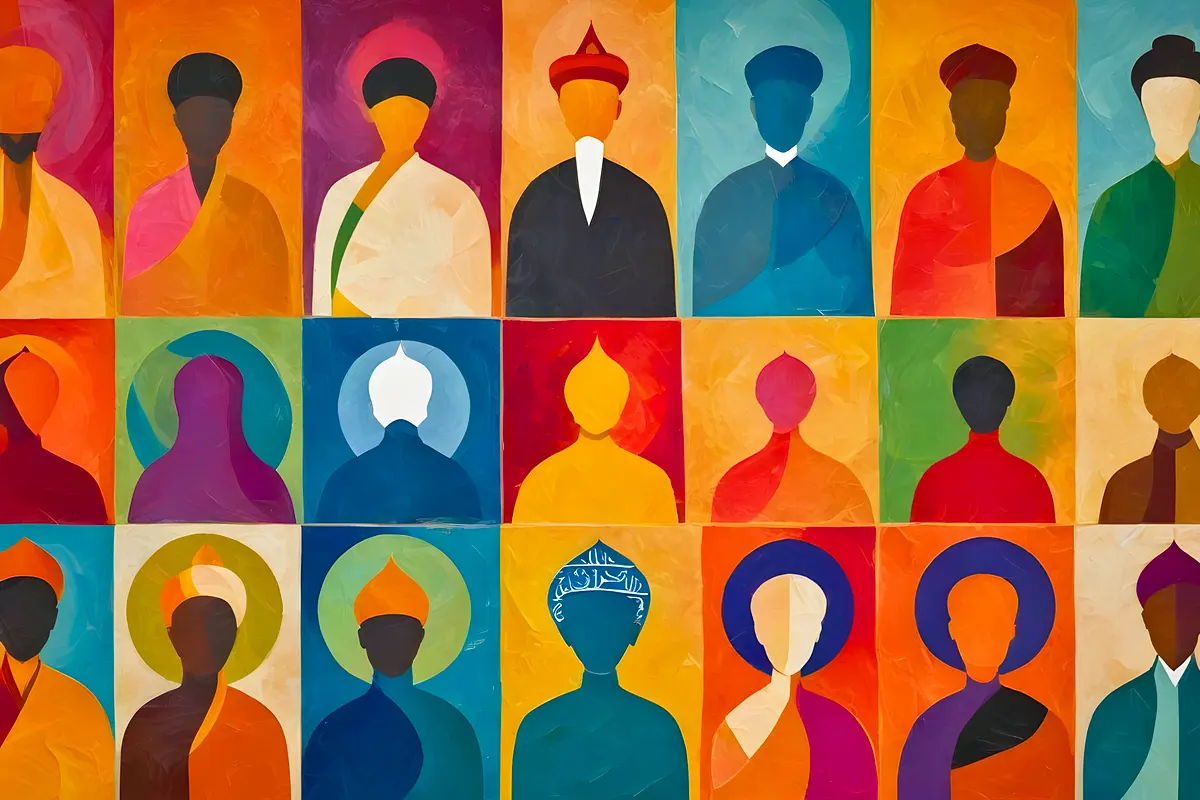The Power of Storytelling
Let me tell you a story. Once, when humankind was in its infancy, stories were all we had to make sense of the world’s mysteries. We huddled for warmth around campfires, wide-eyed and enthralled by tales of God’s, heroes and monsters, convinced that the darkest corners of the night held wonders, adventures… and not a little danger. Stories entertained us, shaped our understanding of the world and helped us to pass on understandings through generations.
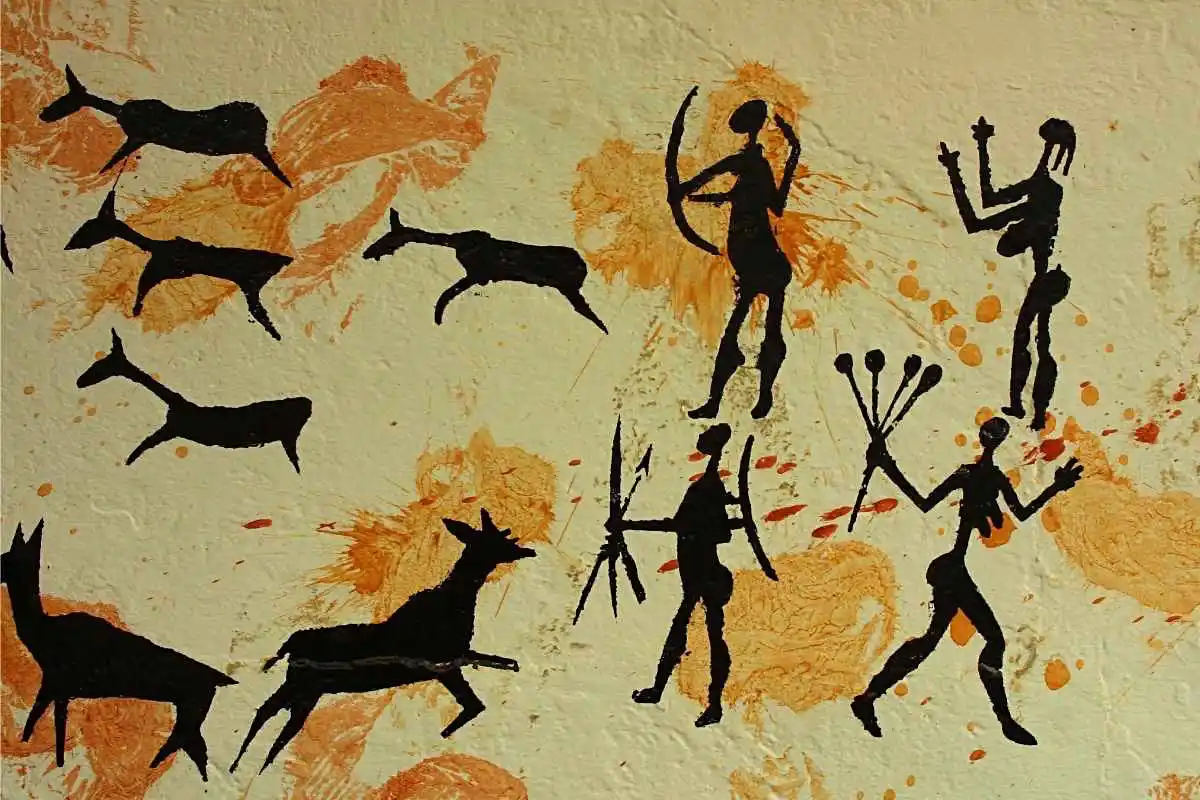
We humans are storytellers at heart. It’s in our DNA. Whether that’s in the office, the classroom or the latest Netflix series, stories shape the world we live in.
But have you ever wondered why stories have such a powerful hold on us? Let’s get into it.
Why Storytelling Matters
“You’re never going to kill storytelling, because it’s built in the human plan. We come with it.”
Margaret Atwood, author of The Handmaid’s Tale
If you’ve ever found yourself completely captivated by a speaker, have you ever asked yourself why their message resonated so much? What was it that kept you on the edge of your seat? Chances are it was the way they brought their words to life by bringing you into their story.
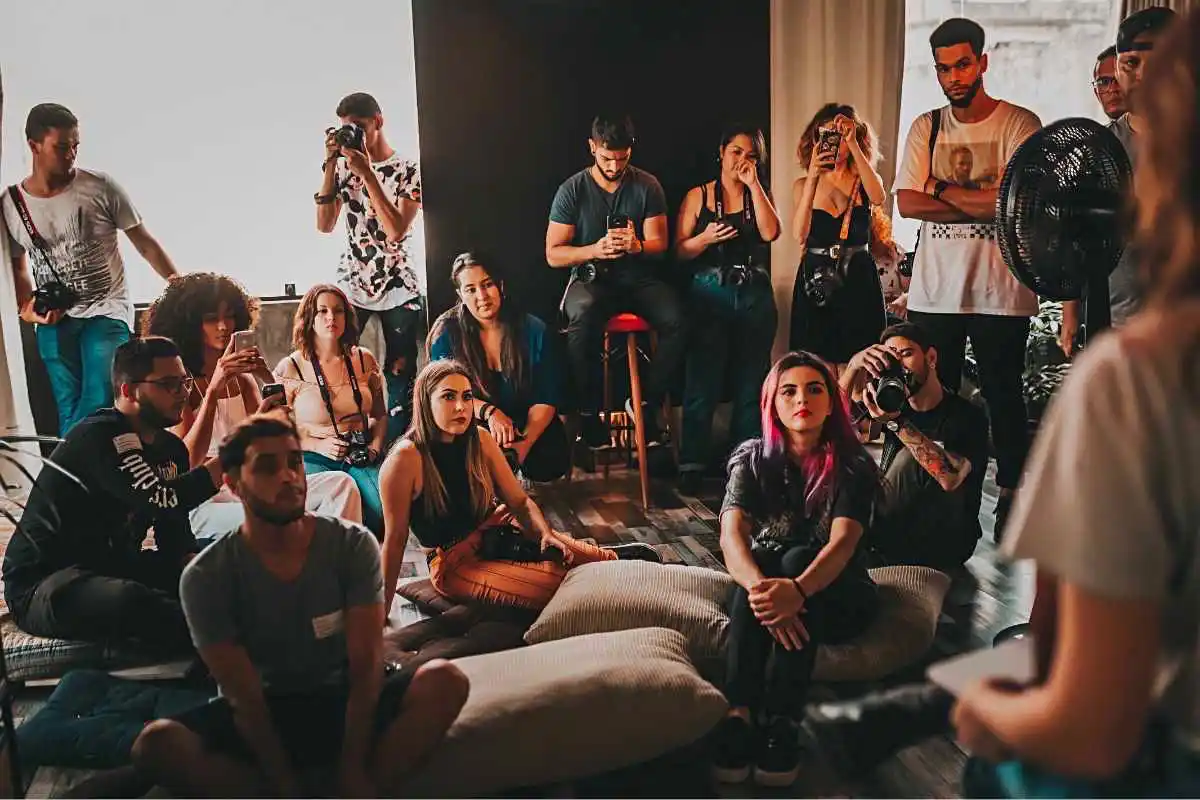
Storytellers are everywhere. From activists like Martin Luther King, Malala Yousafzai and Greta Thunberg to legendary CEO’s like Steve Jobs, Bill Gates and Logan Roy – just kidding, we know he’s not real, but that speech in ‘Succession’ was still a perfect example of firing up the ATN team with charismatic story-telling!
Good team leaders know that if they can sell their people on the story, they can inspire them to make it real. Brand storytelling isn’t about parroting stats and selling features, it’s about establishing a meaningful connection.
Connection. Bringing people together.
Let’s dive into the science. Did you know that your brain is hard-wired to process stories in a unique way? Neuroscience has revealed that a powerful story stimulates a dopamine release allowing us to retain important details and memories more effectively than with other types of information. When we hear or see a story, our brain waves sync up with the speakers. It’s called “neural coupling” or “mirroring,” and it’s an amazing process that allows us to connect deeply with others and experience their stories as if they were our own.

Some Secrets to Great Storytelling
Good storytelling transports audiences to a different world. Vivid textures, descriptions, sights, sounds and smells. Give your audience just enough and they will create the story for you in their own imagination. It becomes a part of them, and they will fight to protect it.
Here are a few ways you can harness the power of storytelling.
Think beyond facts
Forbes suggests a story can be 20 times more memorable than data alone if it engages the senses. “Sure, ok, if you say so…” But what if we could prove it to you?
In 2009 Bill Gates gave a TED talk on Malaria.
A simple enough piece of information. Will you remember it tomorrow? Or next week?
What if I tell you that the culmination of his talk was to release a jam-jar packed with mosquitos into the audience? Now I bet you can see it in your minds-eye. It becomes real. It becomes memorable.
Embrace allegory
F. Scott Fitgerald’s Jay Gatsby embodies the essence of the American dream and its boundless possibilities. That’s no accident. Allegory can be a powerful tool in storytelling.
From David vs Goliath, Samson and Delilah or even modern classics like The Matrix, allegory allows us to understand the story better because it tells us something we couldn’t express before about ourselves. Our listeners are recruited into the storytelling process, and they enrich it, add to it and share it. Storytelling becomes crowd-sourced.
Take them on a hero’s journey
Star Wars, Harry Potter, The Lord Of The Rings… Google ‘The Hero’s Journey’ and you might start to think your favourite films aren’t as original as you thought. This narrative device tells us about the human condition and what makes a story resonate.

Your audience needs something to strive for, a beacon of hope that they can connect with and work towards. They need to know that there are genuine stakes and real jeopardy. They need to believe that the ‘good guys’ can win. And maybe, your story allows some of them to step up to the plate, overcome their fears and self-doubts and go on their own hero’s journey.
Remember the purpose
What do you want your audience to take away from your words? Identify that message and use a story to drive it home. Let your story be the shining star that illuminates the message you want to share with the world.
Bringing it all together
OK, we get it. You’re probably thinking “I’m putting together a presentation on quarterly sales figures, I could change my name to Steven Spielberg but that won’t make it Indiana Jones.”
And to a certain extent you’re right. But the power of stories is in framing this raw data to make someone understand why they should care. How you do that is really something only you can figure out.
You might say it’s your destiny…
We deep dive into storytelling techniques in our Storytelling in Business training session. Have you been inspired by a great storyteller? We’d love to hear from you! Follow us on Instagram to join the conversation.

